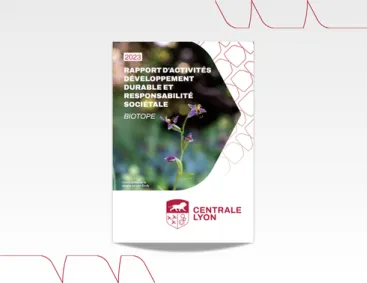As a public engineering school, Centrale Lyon has a duty to set an example. The SD&CSR master plan covers all aspects of campus operations: responsible purchasing and travel, reducing energy consumption in buildings, sorting and recycling waste, preserving biodiversity, etc.
Managing campuses more responsibly
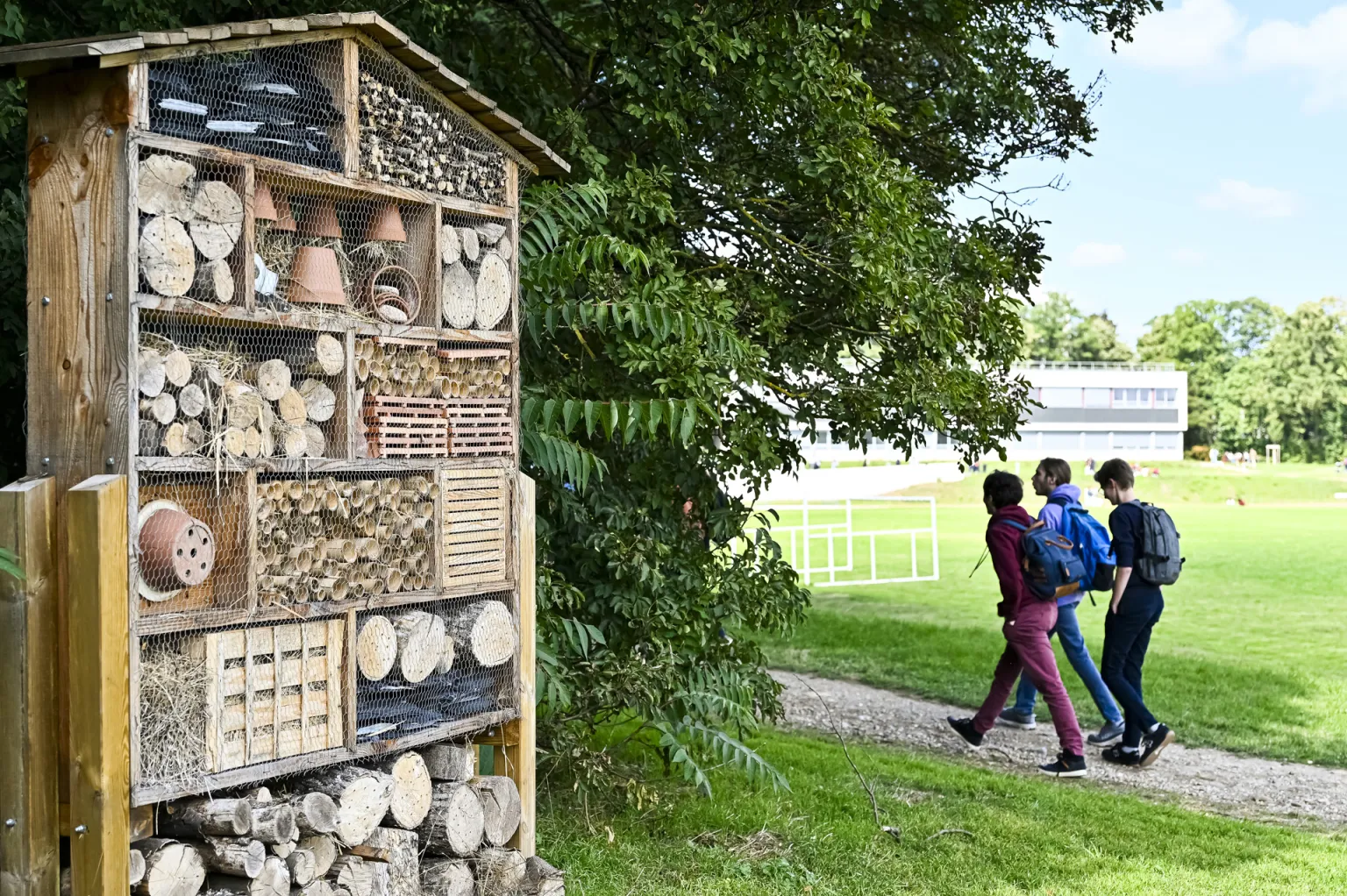
Issues
- Promote a responsible purchasing policy based on the principles of: reduce (extend lifespan, pool purchases, reduce consumption, reduce deliveries and transport), reuse, repair and recycle.
- Reduce our carbon footprint by reducing our water and energy consumption, developing renewable energies, adapting campuses to climate change and promoting sobriety.
- Reduce waste production and move towards a zero waste policy by combating waste, promoting reuse and re-employment, optimizing the collection of recyclable and bio-waste and preventing environmental damage.
- Improve air, water and soil quality through a zero negative impact policy.
- Improve the comfort of staff and students.
- Preserve biodiversity and support living things in the face of climate change.
- Strengthen our carbon capture capacity.
Actions
- Elaborate a mapping of purchases by qualifying them and identifying high-impact segments.
- Draft a charter of best practices on responsible purchasing, integrating the definition of DD&RS standards.
- Study the possibilities of grouping orders to limit the number of deliveries.
- Study the possibilities of improving equipment maintenance and repair.
- Study the implementation of an internal exchange and/or pooling of supplies and equipment.
- Inform and support economic operators on our DD&RS standards.
- Identify a network of local suppliers.
- Deploy sustainable purchasing monitoring tools.
- Measure and analyze the results of actions implemented.
- Adopt the Multi-Year Real Estate Strategy Plan.
- Launch renovation work on Building C on the Métare site.
- Launch implementation of the renovation of the Halles as part of the Impact project.
- Launch preparatory work for the Saint Étienne campus renovation project as part of the Tremplin project.
- Equip an outdoor amphitheater on the Lyon-Écully campus.
- Create summer/winter refuge areas on the Lyon-Écully campus.
- Connect the Lyon-Écully campus to the urban heating network for western Lyon.
- Study the connection of the Saint-Étienne campus to the future urban heating network.
- Continue to develop centralized management of building lighting and heating.
- Launch relamping work.
- Finalize data collection for the energy metering plan.
- Identify energy-hungry equipment and study actions to optimize energy consumption.
- Set consumption targets for building operations.
- Implement a system to facilitate the reporting of malfunctions.
- Study the possibility of developing any form of renewable energy on campus, including the recovery of calories generated by equipment.
Conduct a detailed audit of premises occupancy in order to optimize spaces and their operation. - Launch a study on rainwater management and water consumption.
- Draft a charter of good practices on responsible energy consumption uses.
- Launch campaigns to disseminate consumption and raise awareness to encourage good practices.
- Conduct an audit, notably via a survey of staff and students, including student usage in residences, the installation of "plastic-aluminum-cardboard" sorting garbage cans in each building as well as the development of composting possibilities.
- Realize an Establishment-wide waste reduction plan.
- Analyze follow-up on the reuse or recycling of discarded or donated equipment.
- Identify waste and equipment for which a reuse or reconditioning partnership is conceivable.
- Analyze traceability data from service providers to the processing site where possible.
- Remove individual waste garbage cans in offices and deploy voluntary drop-off points in indoor communal spaces.
- Edit a practical guide for users on waste (existing sorting, map of collection point locations...).
- Launch awareness and empowerment campaigns on good sorting and waste reduction practices.
- Sign the Biodiversity Charter for higher education establishments.
- Conduct an audit on water-air-soil pollution.
- Conduct a study on stormwater management and soil desilting.
- Conduct an audit on facade greening.
- Conduct a biodiversity diagnostic on the Saint-Étienne campus and implement recommendations.
- Develop an action plan to reduce water-air-soil pollution.
- Finalize the inventory and characterization of emission and effluent points.
- Develop late mowing, the constitution of flower meadows and create borders.
- Create a pond on the Lyon-Écully campus and install wildlife crossings and nesting boxes.
Sustainable development goals concerned
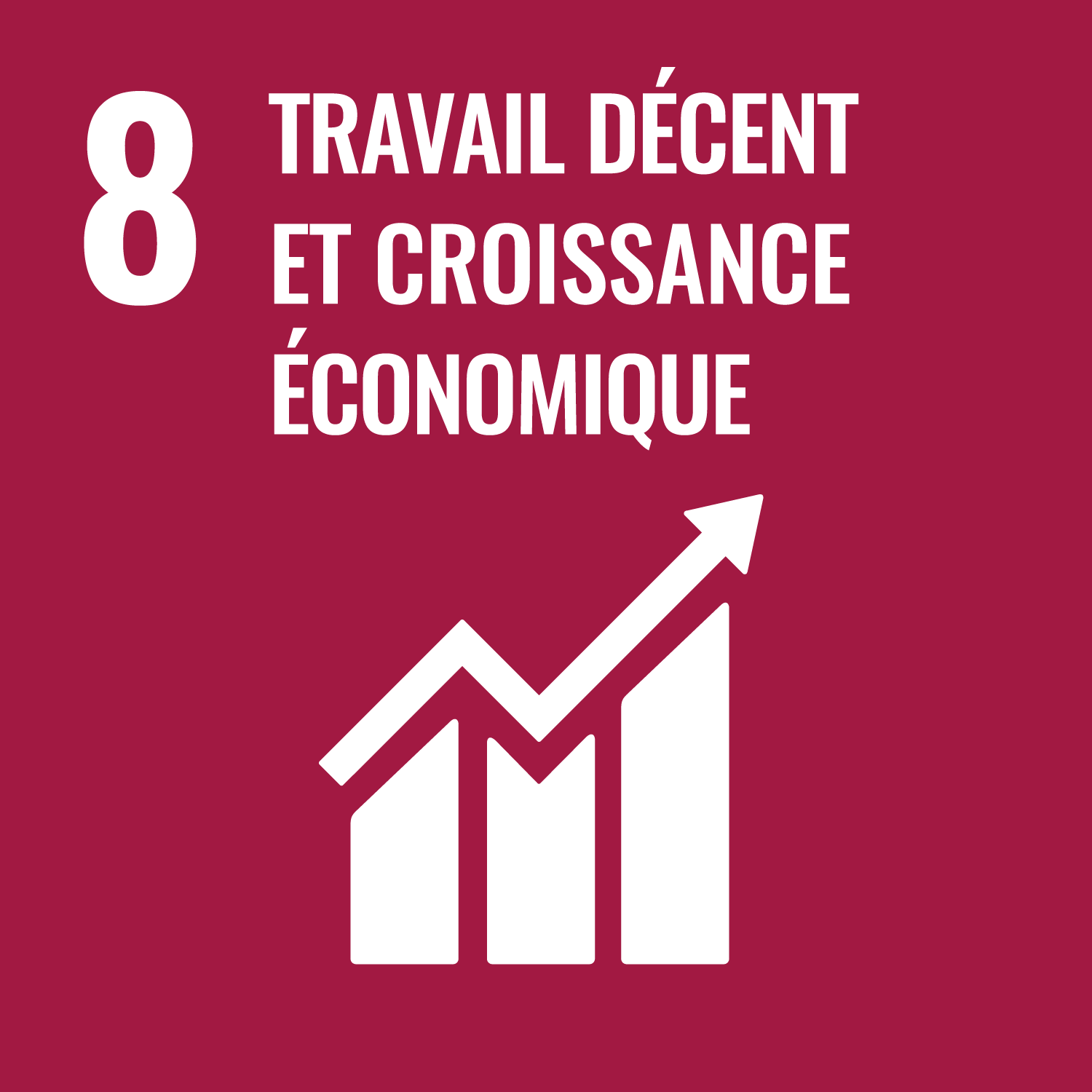
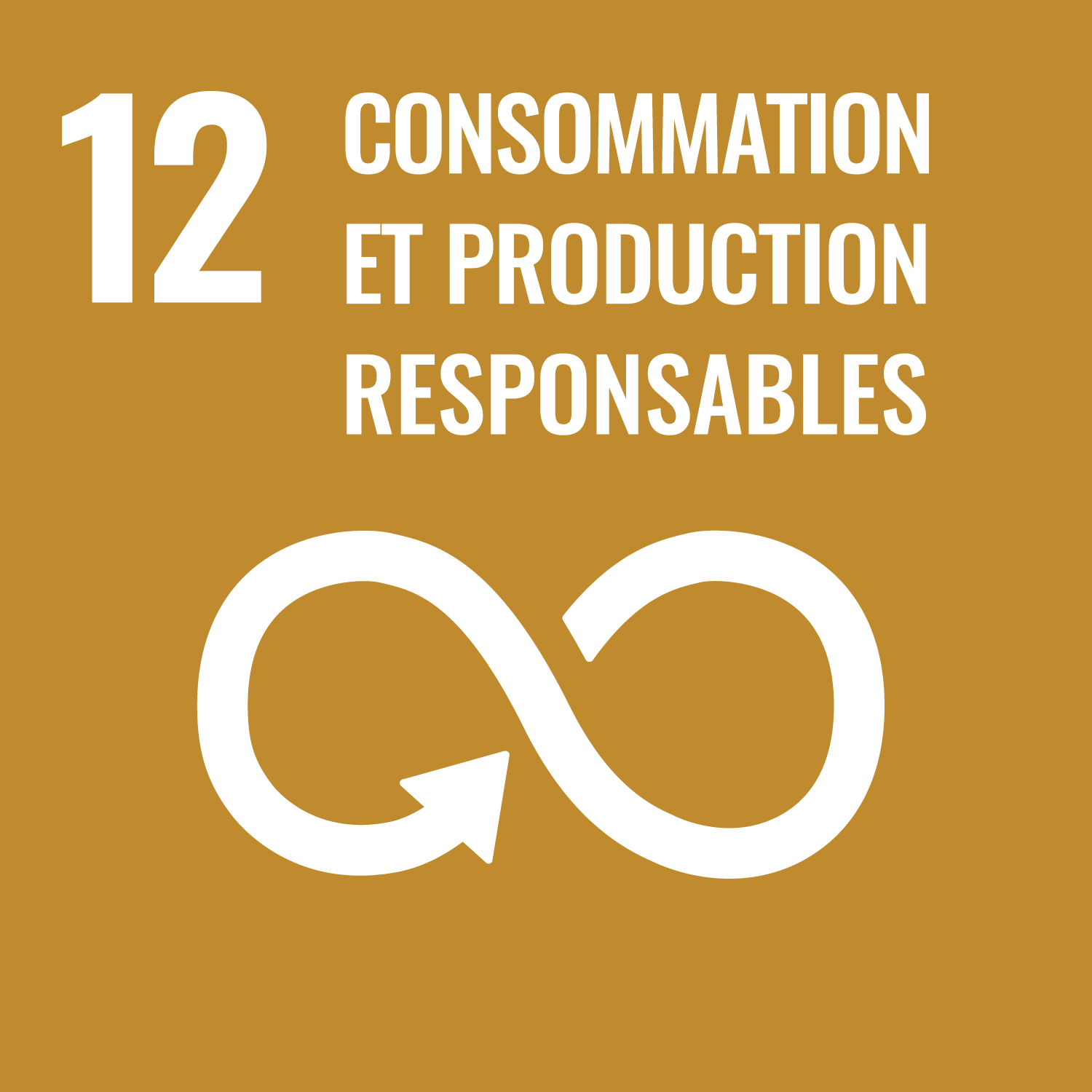
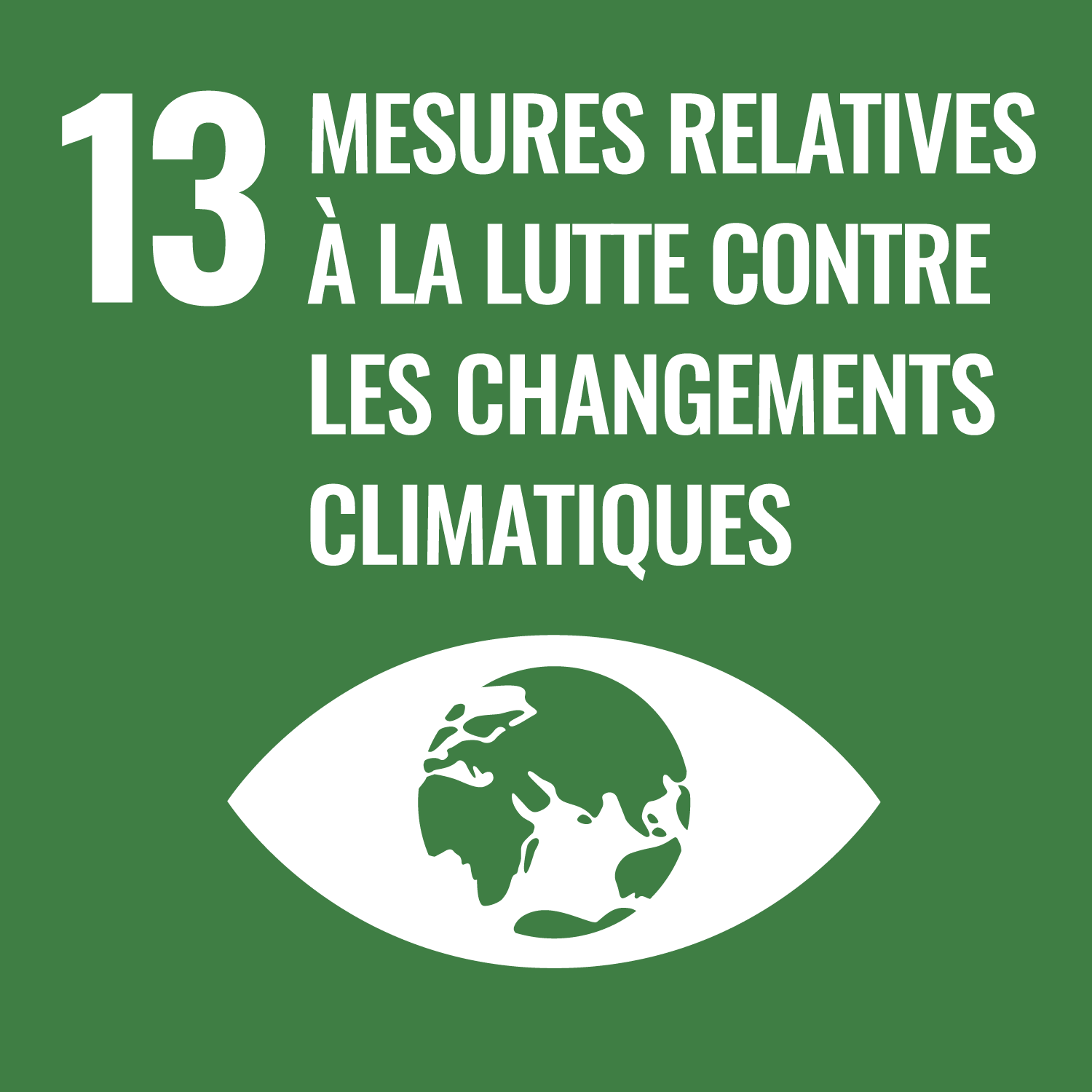
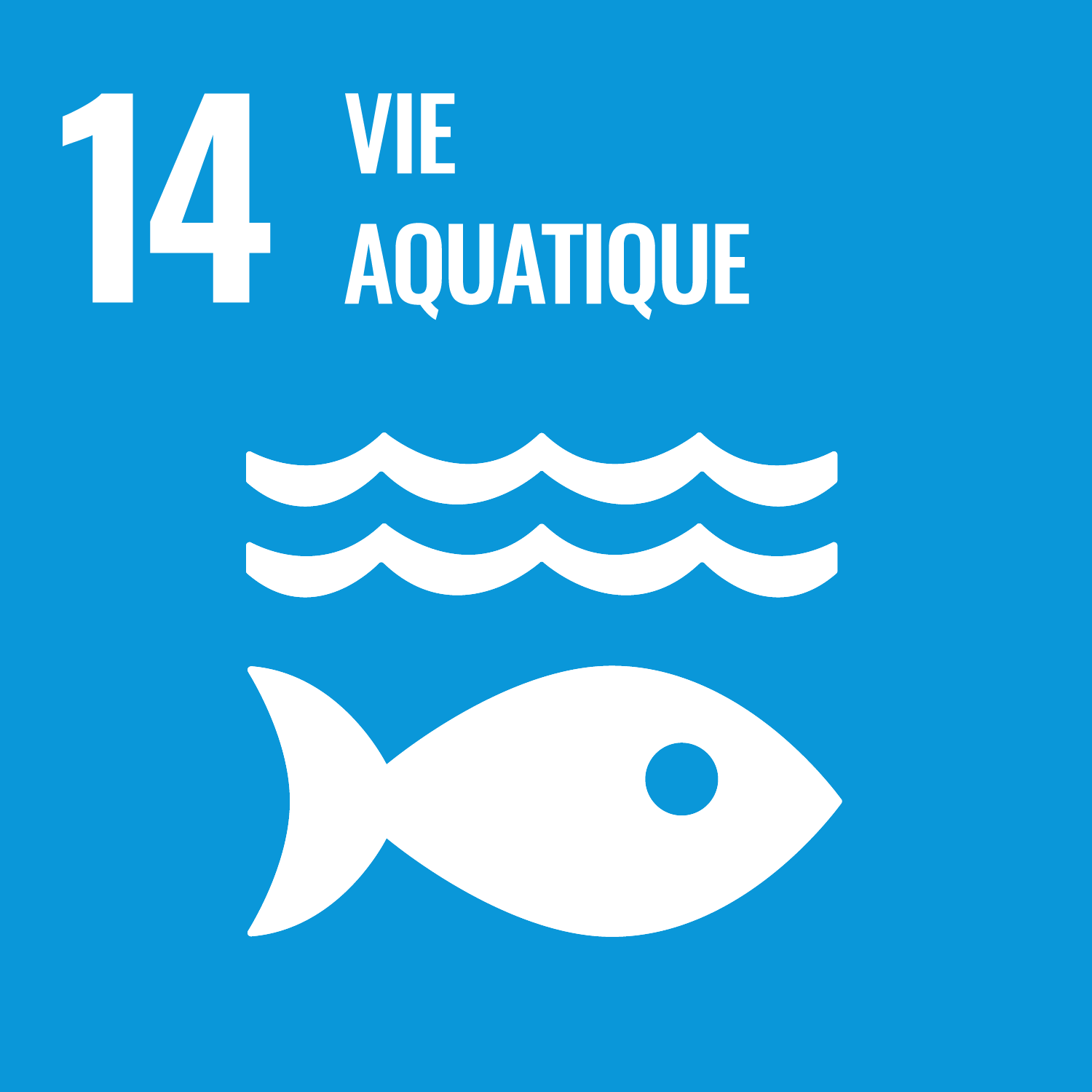
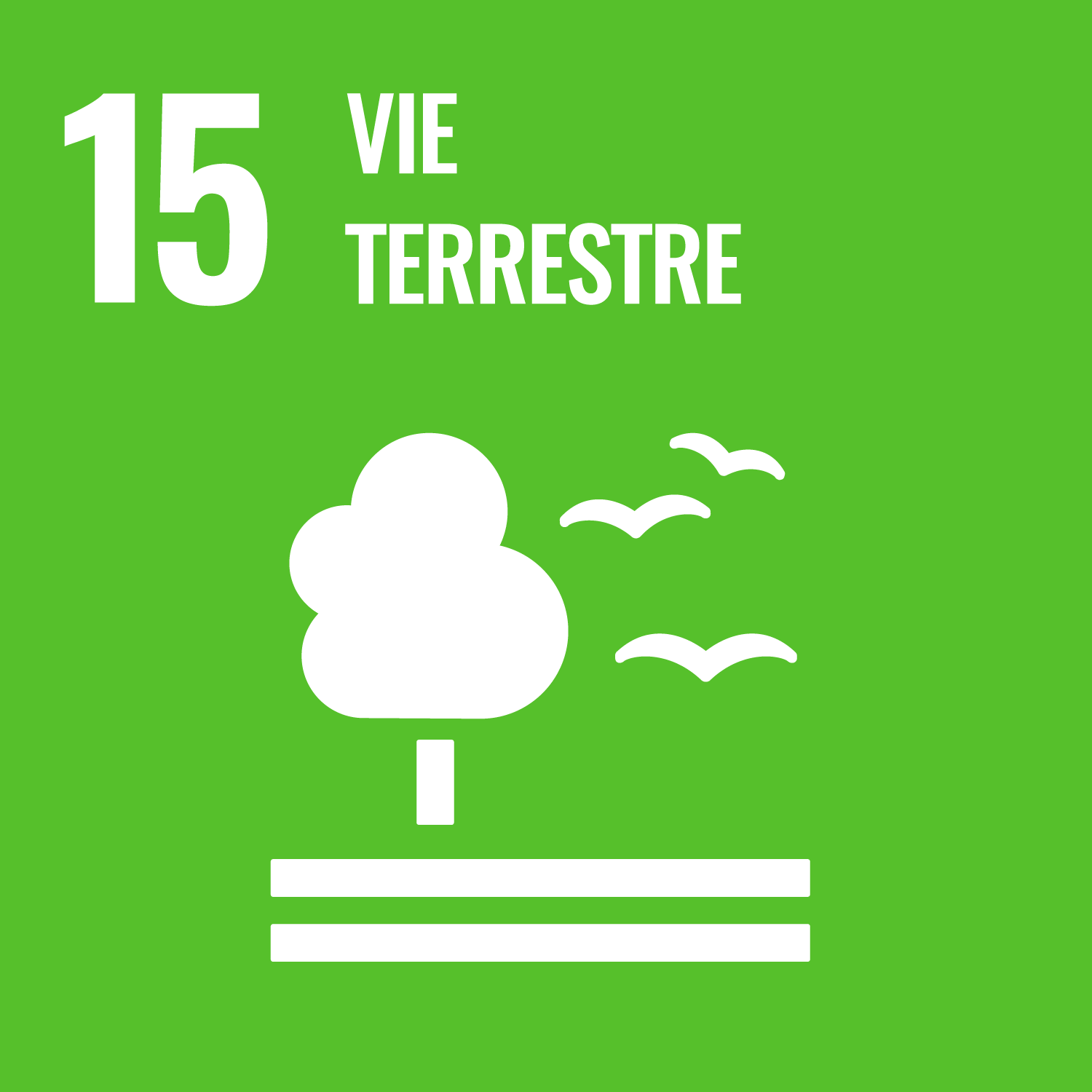
To travel in a more responsible way
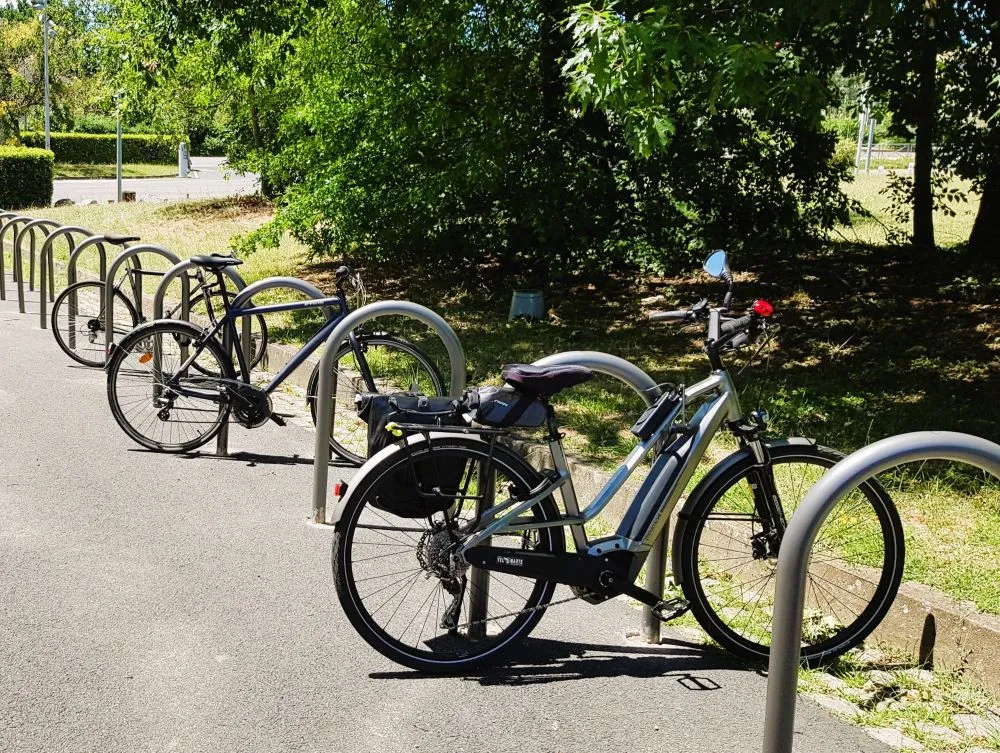
Issues
- Decarbonize business travel by optimizing and limiting travel and promoting the use of less emissive means of transport.
- Incite the use of responsible modes of transport to decarbonize student travel as part of their training.
- Advance pedagogical mobility arrangements while preserving the opportunity for social openness offered by international mobility.
- Reduce the environmental impact of home-to-campus travel by staff and students, particularly the modal share of individual vehicles, by encouraging and promoting best practices in terms of daily mobility: public transport, active modes, including cycling, and car-sharing.
- Raise staff and student awareness of the impact of mobility and support them in changing their habits.
Actions
- Establish a best practice guide for professional sustainable mobility.
- Work within the ComUE to generalize and harmonize existing rules in laboratories.
- Refining the analysis of the carbon impact of individual and cumulative professional travel, identifying journeys with the highest carbon impact and analyzing their carbon cost/financial cost ratio.
- Propose a CO2 emissions assessment tool when drawing up a mission order.
- Prohibit the reimbursement of air travel if the train journey is less than or equal to 5 hours.
- Study the authorization of first-class rail travel under certain conditions.
- Study possibilities for decarbonizing intercampus mobility (Doua/Écully, Aciéries/Jean-Parot, Écully/Saint-Étienne).
- Study incentives for responsible travel.
- Launch an annual campaign on the carbon impact of professional mobility.
- Analyze and adapt the financial support scheme to encourage low-carbon mobility.
- Develop and enhance partnerships in Europe or in countries accessible via means of transport that emit less than air travel.
- Continue deployment of the carbon footprint calculation platform.
- Propose a tool for calculating the carbon footprint of travel during the validation of mobility and internships.
- Study and implement a management tool to enable students to declare their modes of travel during mobility and internships.
- Integrate the calculation of the carbon footprint of travel in internship reports.
- Implement regular measurement of practices using questionnaires on quality of life and working conditions for staff, quality of life on campus for students and the results of the carbon footprint calculation platform.
- Renew requests for the provision of self-service bike stations near campuses.
- Study partnerships for the implementation of a long-term bike loan/rental service dedicated to students.
- Study partnerships with local players for monthly bike repair workshops.
- Study the implementation of a group purchasing service for safety equipment by staff and student associations for bikes and scooters to prevent commuting accidents: fluorescent vests, hazard spacers, lighting (gloves, helmets).
- List existing locker rooms with showers and carry out a needs study.
- Install secure bike/scooter shelters with inflation stations.
- Propose bike/scooter safety training for students.
- Promote campus-specific car-sharing services.
- Install charging stations for staff electric cars with a payment system.
- Initiate regular measurement of practices using questionnaires.
- Initiate regular communication and events with staff and students on the impacts of daily commutes and the benefits of active mobility on the environment, health and personal budgets.
Sustainable development goals concerned
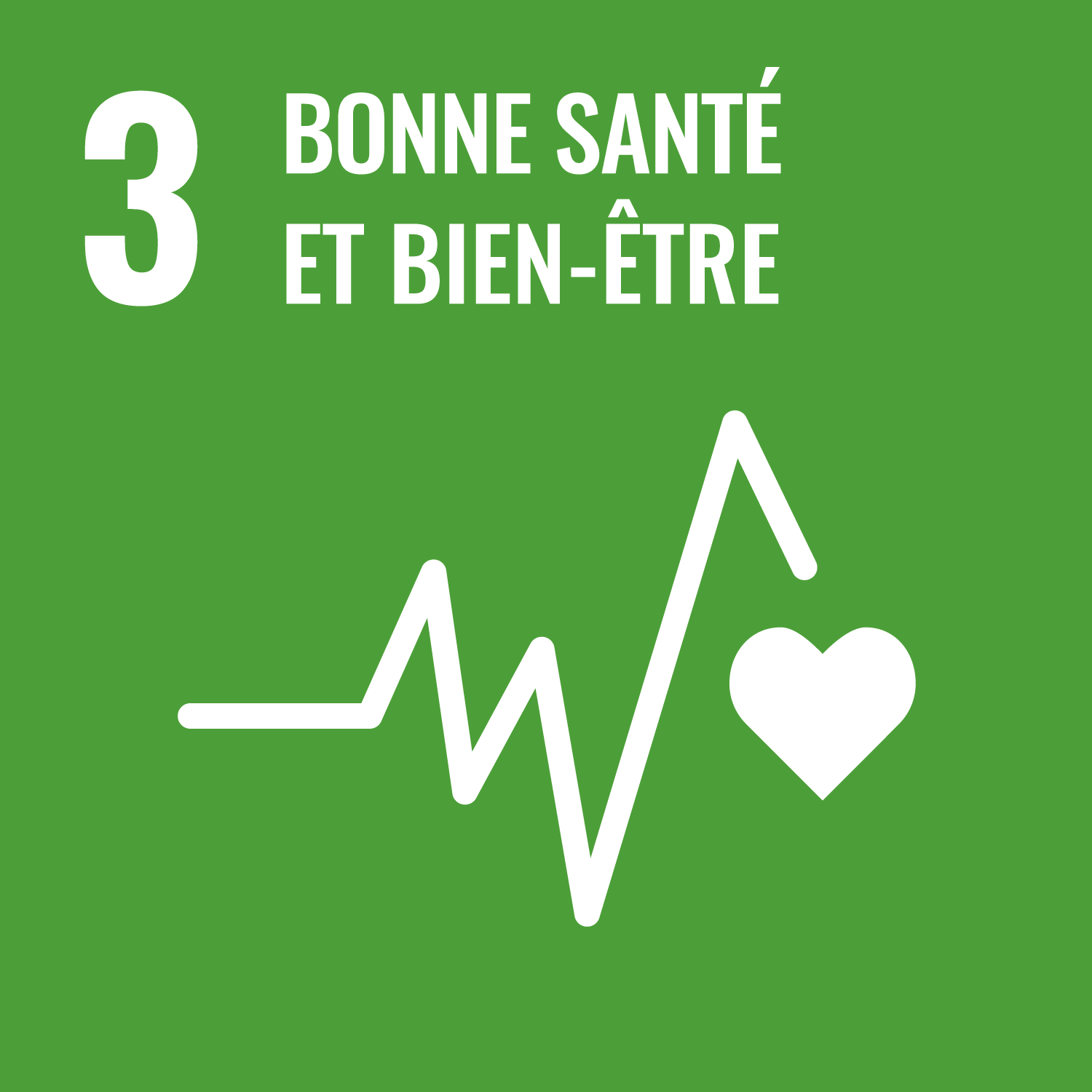
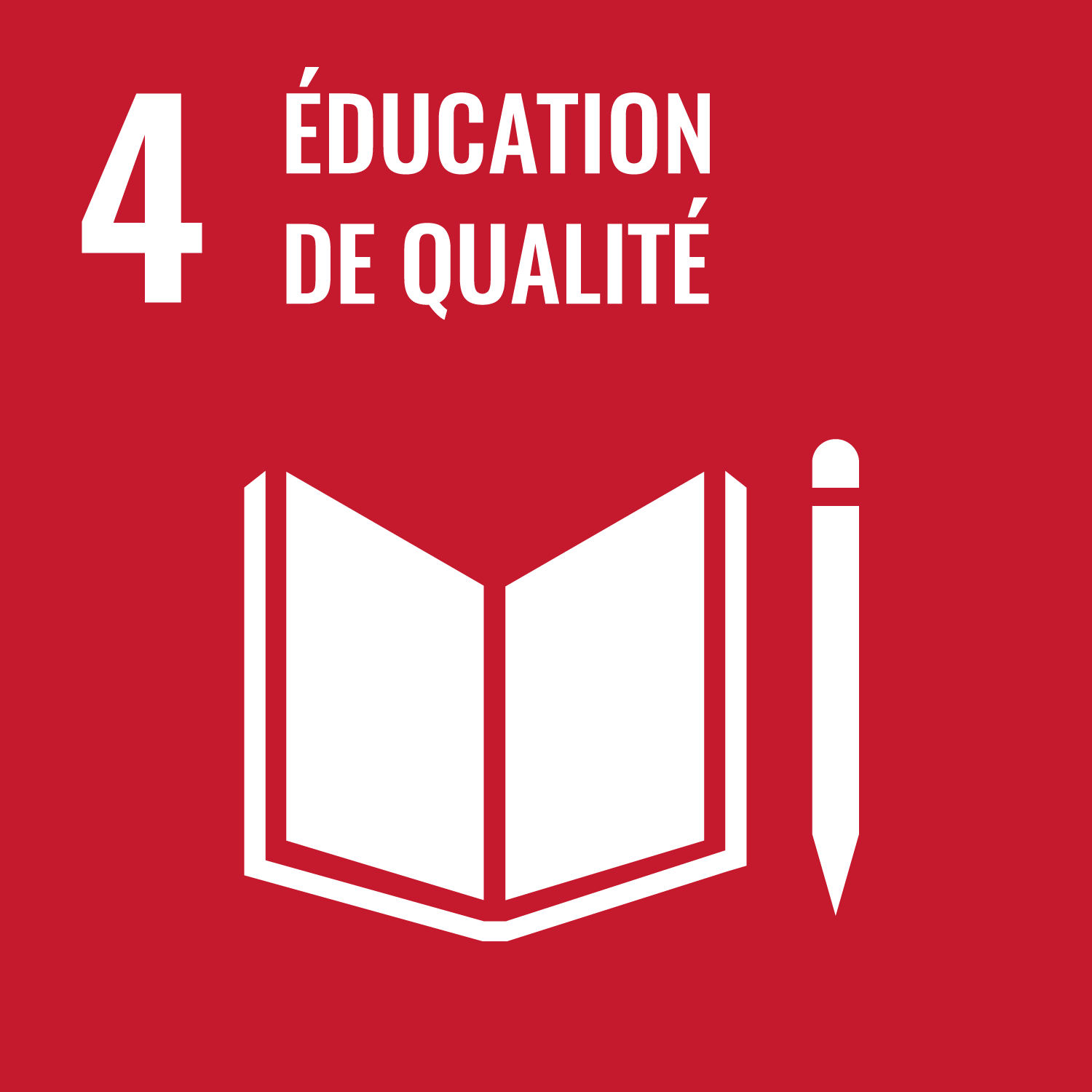
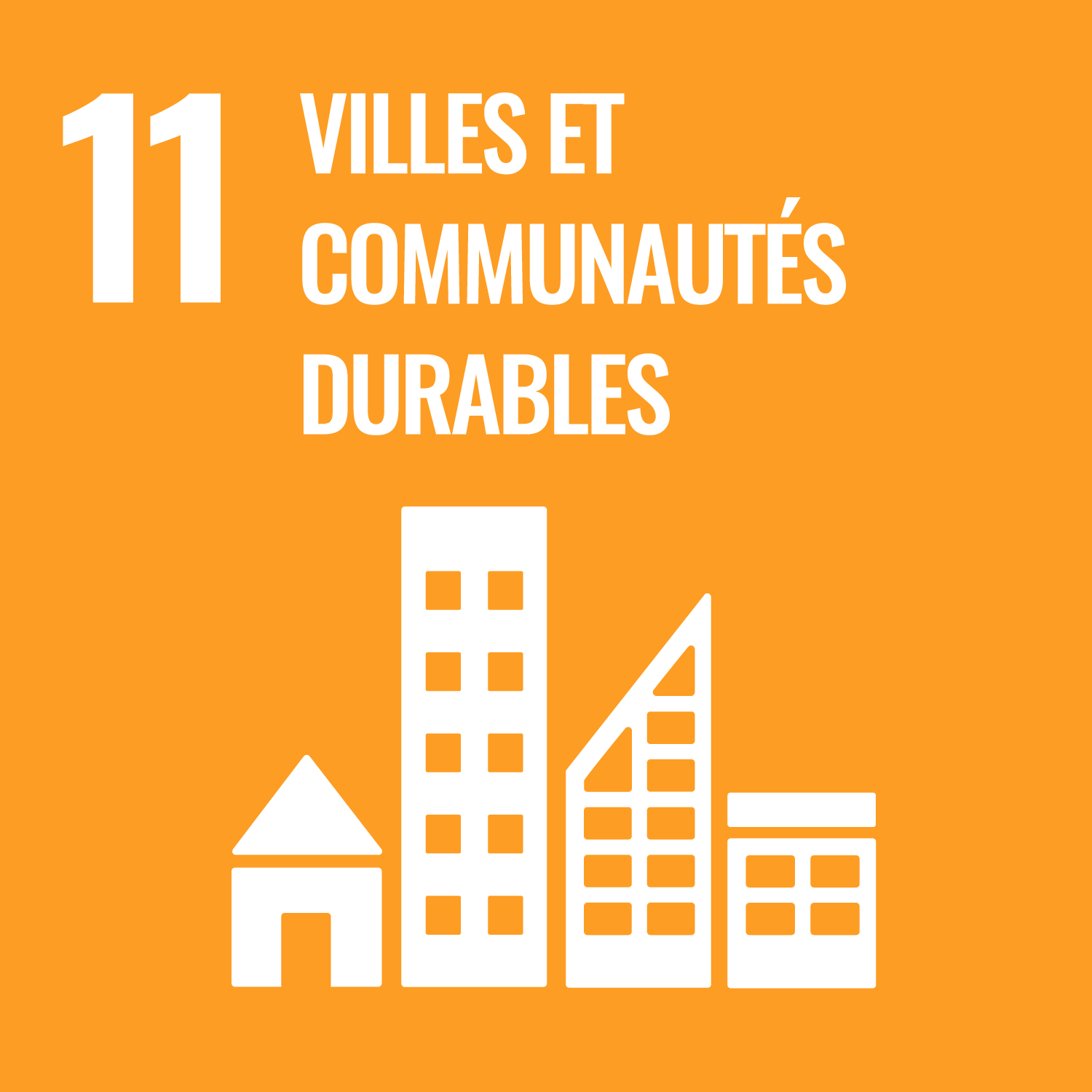
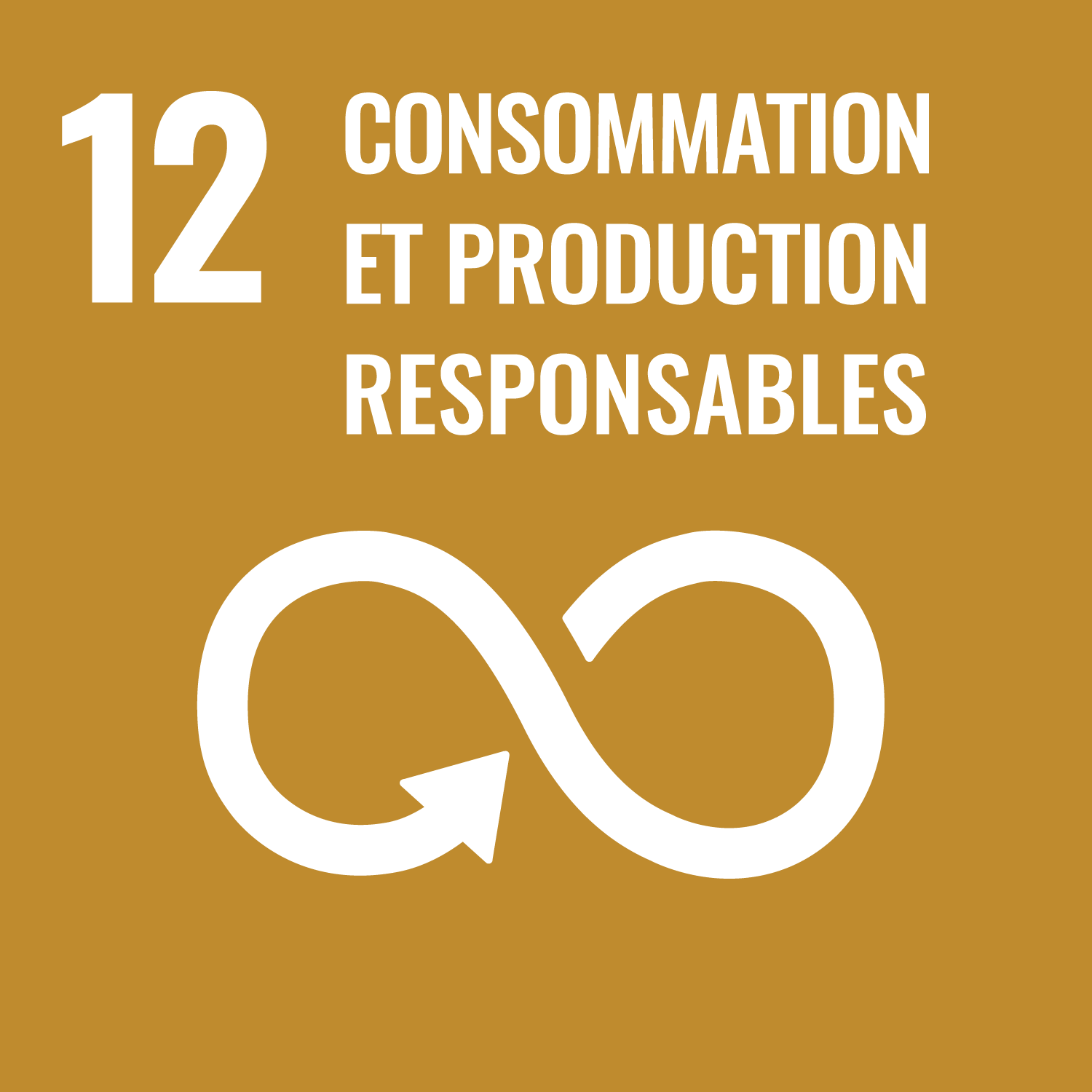
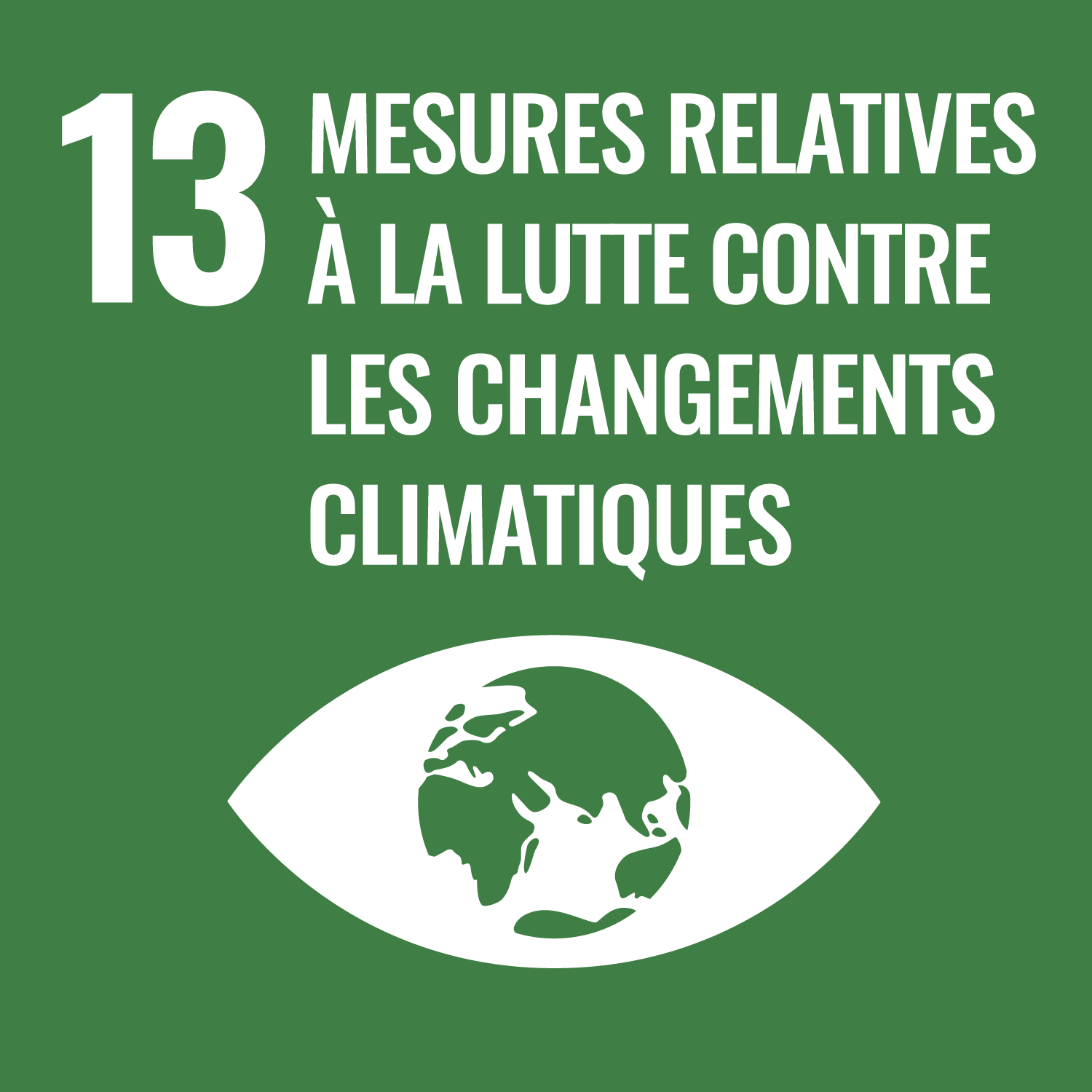
DD&RS news
The Major Transitions Development Department and its stakeholders implement the establishment's sustainable development and social responsibility policy through numerous actions and events.
Read more